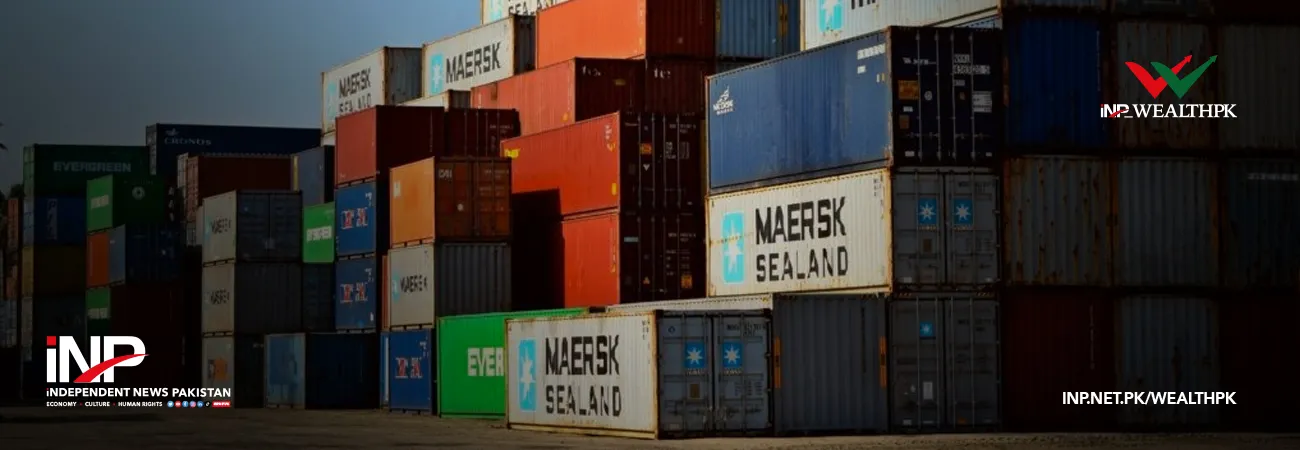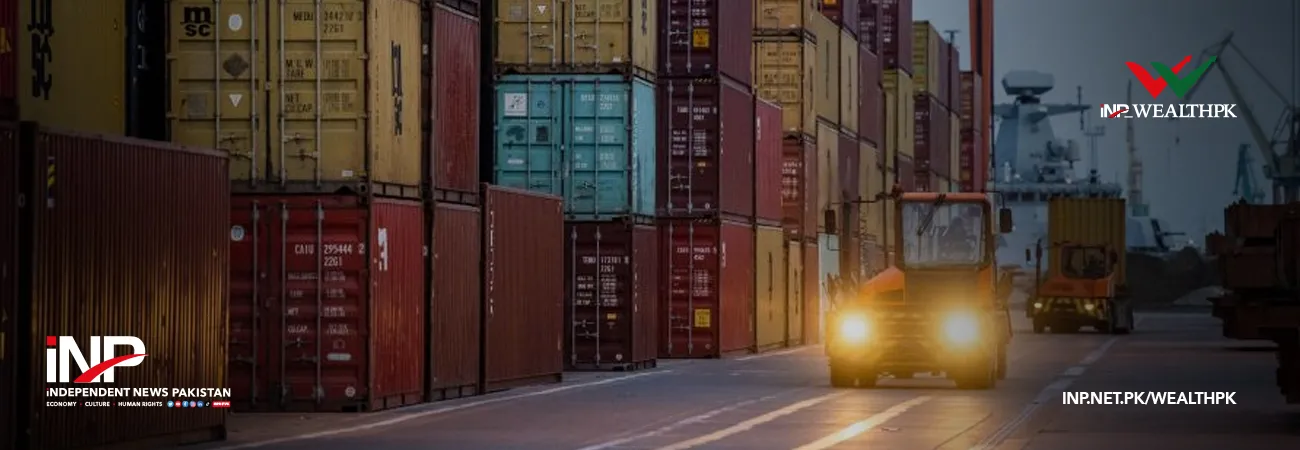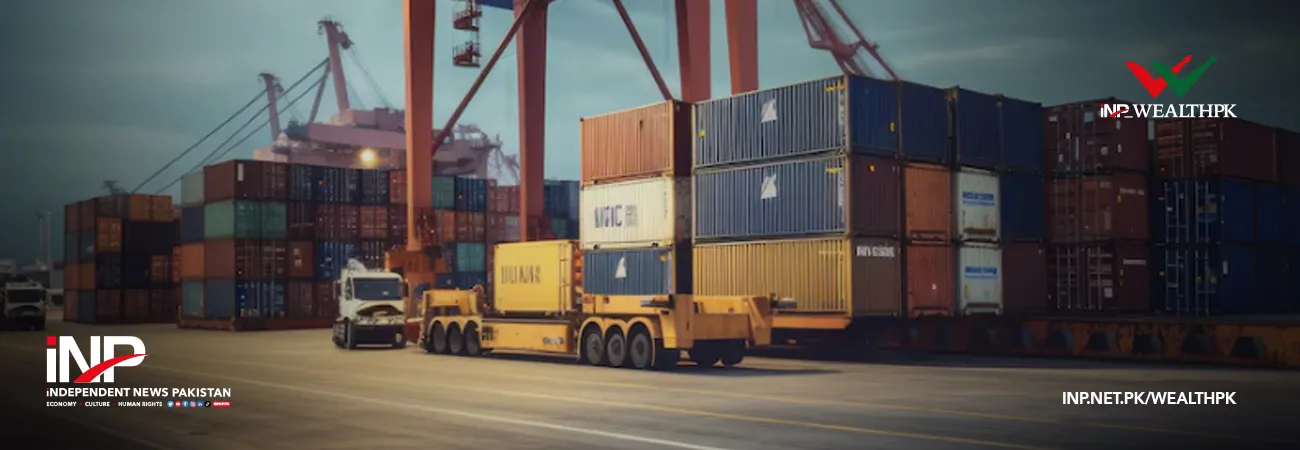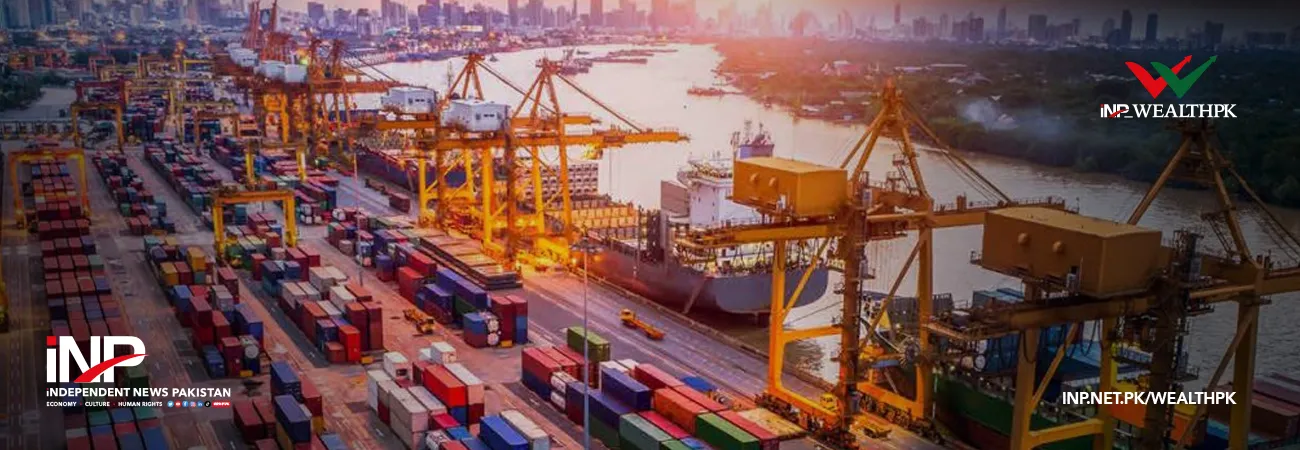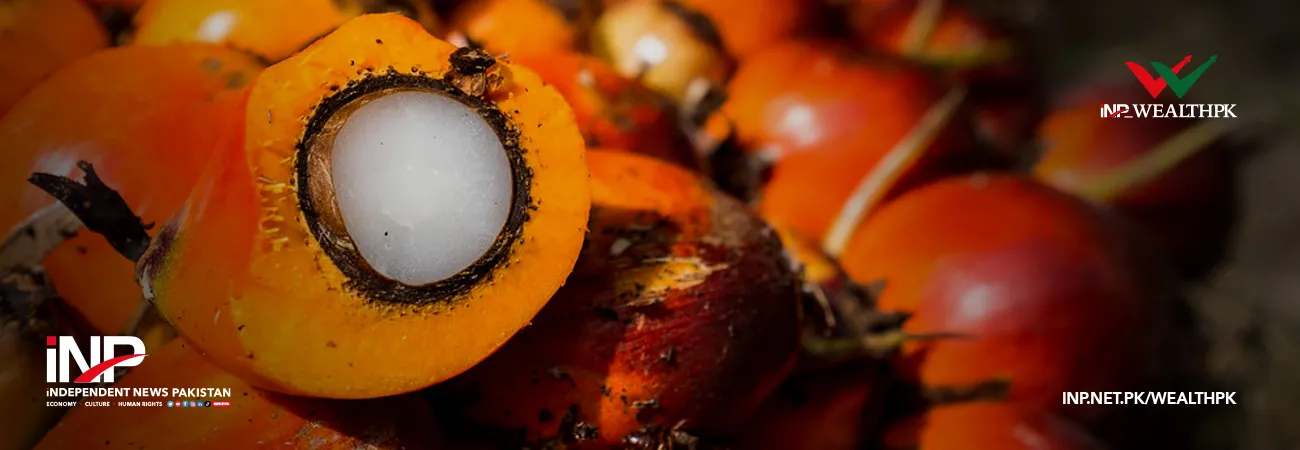INP-WealthPk
Ayesha Saba
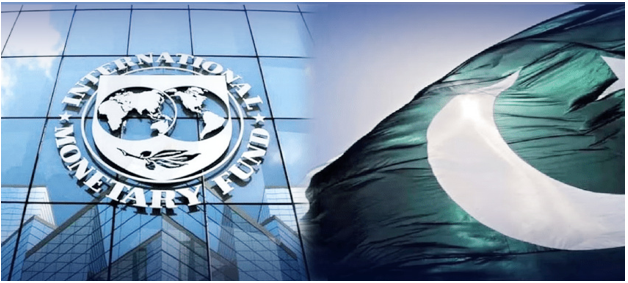
While the IMF bailouts have provided necessary short-term support, Pakistan’s path to long-term economic stability lies in a robust, export-driven growth strategy. Therefore, the government must prioritise policies that enhance export competitiveness, attract foreign direct investment, diversify the export base, and foster innovation. Talking to WealthPK, Dr Ashfaque Hassan Khan, an economic expert and Dean of Social Sciences and Humanities at the National University of Science and Technology, said IMF imposed strict conditions on Pakistan as a prerequisite for any long-term bailout, resulting in significant economic repercussions such as cutting government spending, increasing taxes and implementing austerity measures.
“While necessary for fiscal discipline, the IMF bailouts have exacerbated inflationary pressures on the economy, leading to a sharp increase in fuel and energy prices, making it increasingly difficult for the average Pakistani to make ends meet. Ashfaque compared the IMF programmes to a ‘bitter pill’—something hard to swallow but necessary in the short term to manage the crisis. “However, just like a pill doesn’t cure the root cause of an illness, the IMF programme doesn’t address the deeper, structural problems in Pakistan’s economy, such as low productivity, weak export performance, and a lack of investment in key sectors. Pakistan needs to focus on long-term solutions to truly heal its economy and prevent future crises.” He pointed out that Pakistan’s export sector had significant potential, particularly in areas like textiles, agriculture and technology.
“However, this potential has been underutilised due to various challenges, including inadequate infrastructure, inconsistent policies, and a lack of investment in technology. The government needs to create an environment that fosters export growth by addressing these challenges head-on,” he emphasised. He also stressed the importance of regional trade partnerships, particularly with China under CPEC. “CPEC provides an excellent opportunity to enhance trade connectivity and access new markets, which is crucial for boosting exports.” IMF and the Pakistani authorities have reached a staff-level agreement on a 37-month Extended Fund Facility arrangement of about $7 billion, with the agreement subject to approval by the IMF’s Executive Board. Pakistan expects to get the final approval from the international lender by the end of August.
Credit: INP-WealthPk



